DSA
Filter by...
-
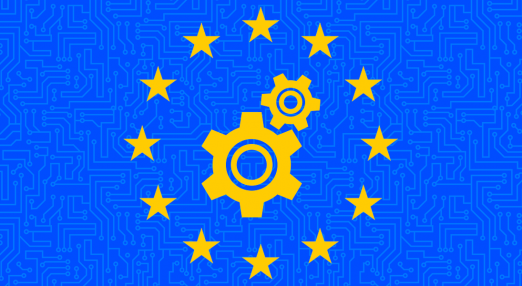
The Digital Markets Act must do more to protect end users’ rights
As the European Commission sets out plans for a Digital Markets Act, EDRi calls for the protection of users’ human rights to be at the centre of plans to regulate the role platform gatekeepers play in the future of Europe’s digital environment.
Read more
-
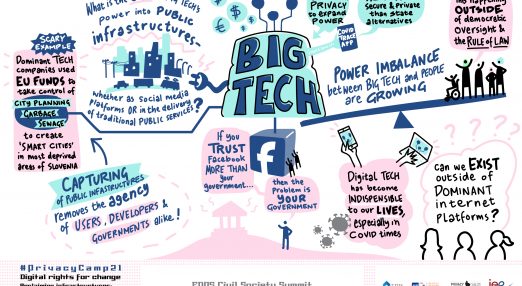
How Big Tech maintains its dominance
As Big Tech deepens its dominance into new public domains, major issues arise around fundamental rights, democracy and justice. This article reflects the conversation that took place at the 2021 EPDS Civil Society Summit which was part of #PrivacyCamp21.
Read more
-

The EU’s attempt to regulate Big Tech: What it brings and what is missing
This week, the European Commission has proposed two long-awaited pieces of digital legislation, the Digital Services Act and the Digital Markets Act. Despite a number of good provisions, there are also major shortcomings which must be addressed to guarantee the protection of digital rights.
Read more
-
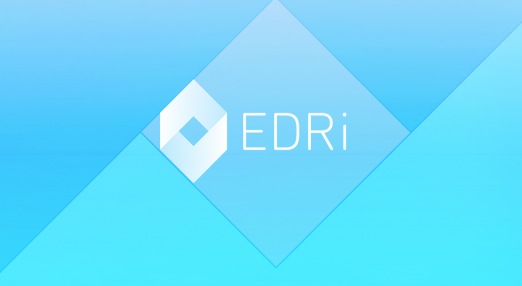
Looking back at digital rights in the era of a surveillance pandemic
2020 started as a year to build momentum to tackle various digital rights issues, including mass surveillance and freedom of expression online. Needless to say, the global pandemic disrupted not only these efforts but also our health, personal relations, basic survival needs and ways to organise around human rights. After 9 months of living and working in a pandemic, we look back at what we achieved and the ways forward from here.
Read more
-

EU alphabet soup of digital acts: DSA, DMA and DGA
Members of the European Commission appointed in 2019 agreed to put digital policies as one of the cornerstones of EU legislation between 2019-2023. These include the Digital Services Act (DSA), the Digital Markets Act (DMA) and the Data Governance Act (DGA). So, what are the differences between these acts?
Read more
-
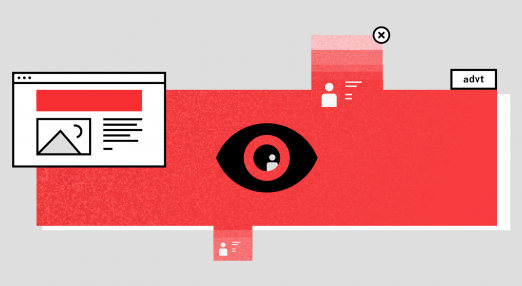
A vicious circle? Enabling privacy-friendly alternatives to behavioural advertising
EDRi member Panoptykon Foundation published a report “To Track or Not to Track: Towards Privacy-Friendly and Sustainable Advertising” which argues that there is only one winner in this supposed “win-win” situation: the ad tech industry.
Read more
-

How the Parliament stakes out its DSA position
With three European Parliament positions on the Digital Services Act coming up, what will it mean for people's rights in the digital world?
Read more
-
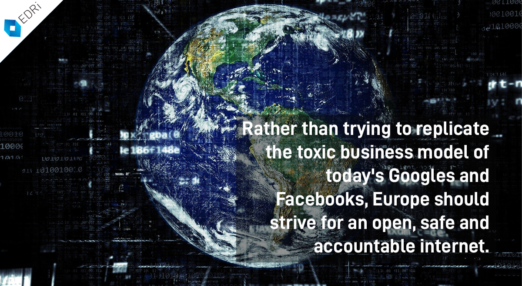
EDRi demands an open, safe and accountable internet – will you join us?
Today, 19th August 2020, European Digital Rights (EDRi) submitted its response to the European Commission’s public consultation on the Digital Services Act package. In addition, EDRi releases its official DSA Consultation Answering Guide designed to help other civil society organisations, collectives and citizens with an interest in upholding human rights to submit their own response to the European Commission.
Read more
-
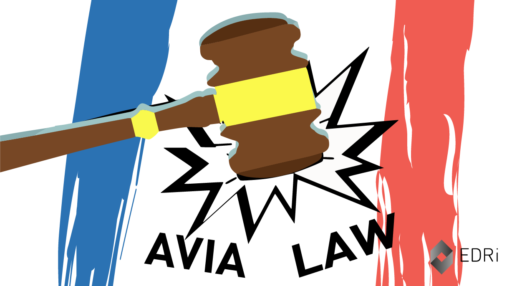
French Avia law declared unconstitutional: what does this teach us at EU level?
On 18 June, the French Constitutional Council, the constitutional authority in France, declared the main provisions of the “Avia law” unconstitutional. France’s legislation on hate speech was adopted in May despite being severely criticised from nearly all sides: the European Commission, the Czech Republic, digital rights organisations and LBGTQI+, feminist and antiracist organisations.
Read more
-
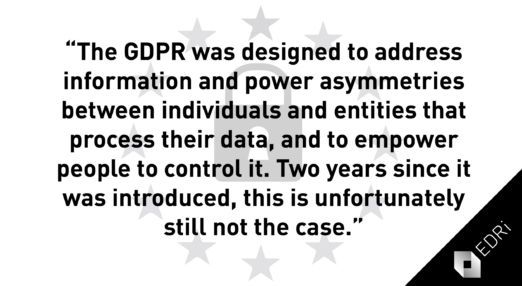
Open Letter: EDRi urges enforcement and actions for the 2 year anniversary of the GDPR
On 25 May 2020, for the General Data Protection Regulation (GDPR) 2 year anniversary, EDRi sent a letter to Executive Vice-President Jourová and Commissioner Reynders to highlight and urge action to the tackle the GDPR’s vast enforcement gap.
Read more
-
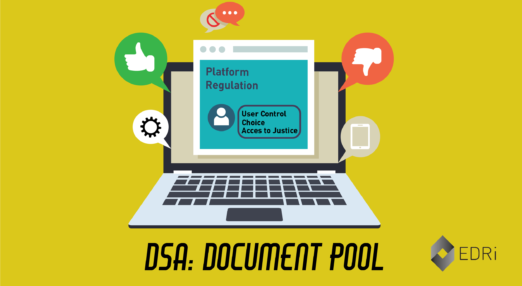
Digital Services Act / Digital Markets Act: Document pool
The DSA-DMA package will affect how intermediaries regulate and influence user activity on their platforms, including people's ability to exercise their rights and freedoms online. It also aims at limiting the abuse of power by very large and gatekeeper platforms.
Read more
-

Everything you need to know about the DSA
We have created a document pool in which we will be listing relevant articles and documents related to the DSA. This will allow you to follow the developments of content moderation and regulatory actions in Europe.
Read more
